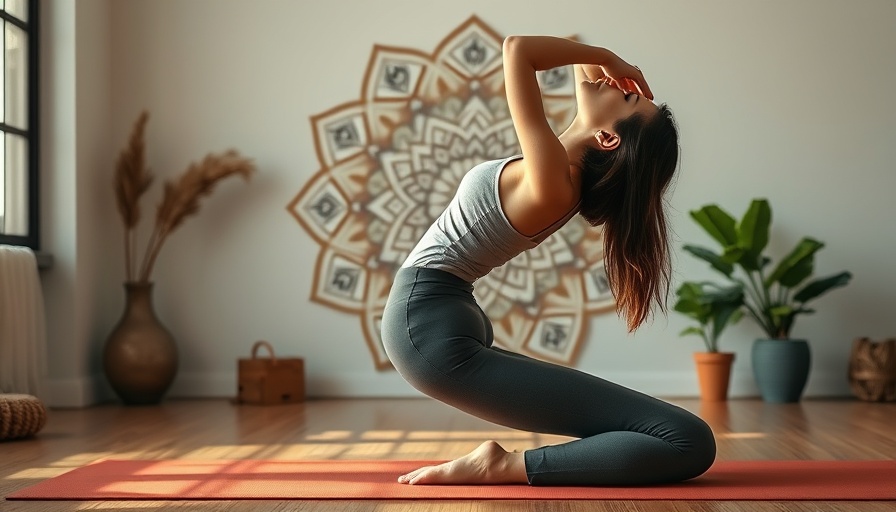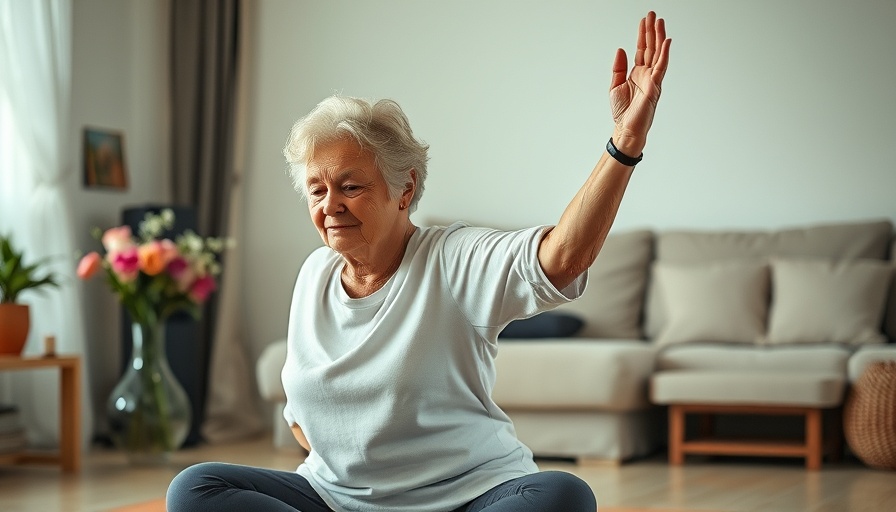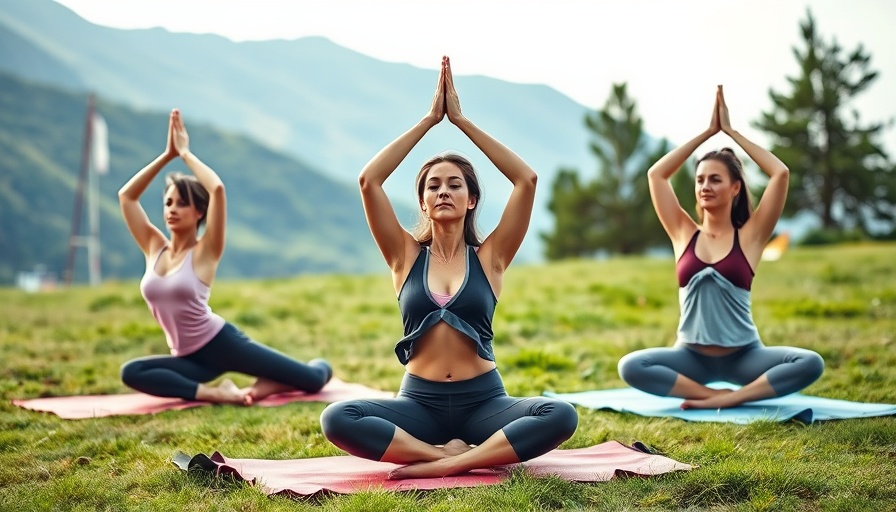
Embracing Joy Through Yoga: The Happy Heart Practice
In times of uncertainty, where daily life can feel overwhelming, the practice of yoga offers an opportunity for connection, joy, and heart-centered growth. The recent session, titled "Happy Heart," beautifully showcased how moving our bodies can bond us with the rhythm of our hearts. As we dive into this idea, let's explore how yoga can nourish our emotional and physical well-being, especially for women aged 40 to 60.
In 'Happy Heart', the discussion dives into heart-centered yoga practices, exploring key insights that sparked deeper analysis on our end.
Finding Your Center
The practice begins with cultivating a seated position, grounding oneself with one's breath. This is not just about the physical aspect; it's a mental practice where we remind our hearts of their vitality. The notion of connecting to your heart through breath makes this session particularly touching. It's a gentle nudge to acknowledge that within every challenge lies a chance for reflection and love.
Heart-Opening Poses: A Path to Compassion
In yoga, heart-opening poses such as the Padma Mudra are designed to unlock emotional blockages and enhance compassion towards oneself. This is especially significant for women who juggle multiple roles in their lives—from caregivers to professionals. Making time for one’s emotional health can prove beneficial in cultivating resilience. By nurturing our heart space through yoga, we not only promote physical health but also emotional healing.
Listening to Your Body's Wisdom
The key takeaway from the Happy Heart session is the importance of intuition and responsiveness in practice. Yoga is not about perfecting the poses but rather about honoring where your body is today. Listening to your body enables one to modify poses according to their own comfort levels. This is particularly vital for individuals transitioning into their middle age, where physical changes may require a more compassionate approach to movement.
Community and Shared Experiences
This yoga session encapsulates the power of community. Practicing together fosters shared experiences and support, which is uplifting for women in this life stage. The atmosphere created during classes can serve as a source of strength and encouragement, allowing participants to feel less alone in their journeys.
The Happy Heart practice confirms that every yoga session is a chance to connect—whether with ourselves or with others. Building a community that celebrates these connections is fundamental, as it contributes to our emotional resilience and strength.
Integrating Yoga into Everyday Life
To truly benefit from yoga, it's essential to incorporate its lessons into our everyday lives. This can take many forms: engaging in mindful movements during daily activities, practicing gratitude reminders, or even indulging in restorative stretches at home. Each small gesture can amplify the lessons learned on the mat, enriching our overall well-being.
Taking Action: Join the Shift Towards Heartfelt Living
As this practice encourages a movement towards joy, I invite you to explore local classes or online sessions that embrace these principles. Engaging in active pursuits can bring forth the heart’s vitality and help combat the stress of daily life. With each breath and every pose, you open the door to a more fulfilled and compassionate existence.
Let the Happy Heart practice be a gentle reminder to nurture your spirit, connect with those around you, and allow your heart's rhythm to lead your journey forward.
 Add Row
Add Row  Add
Add 




Write A Comment